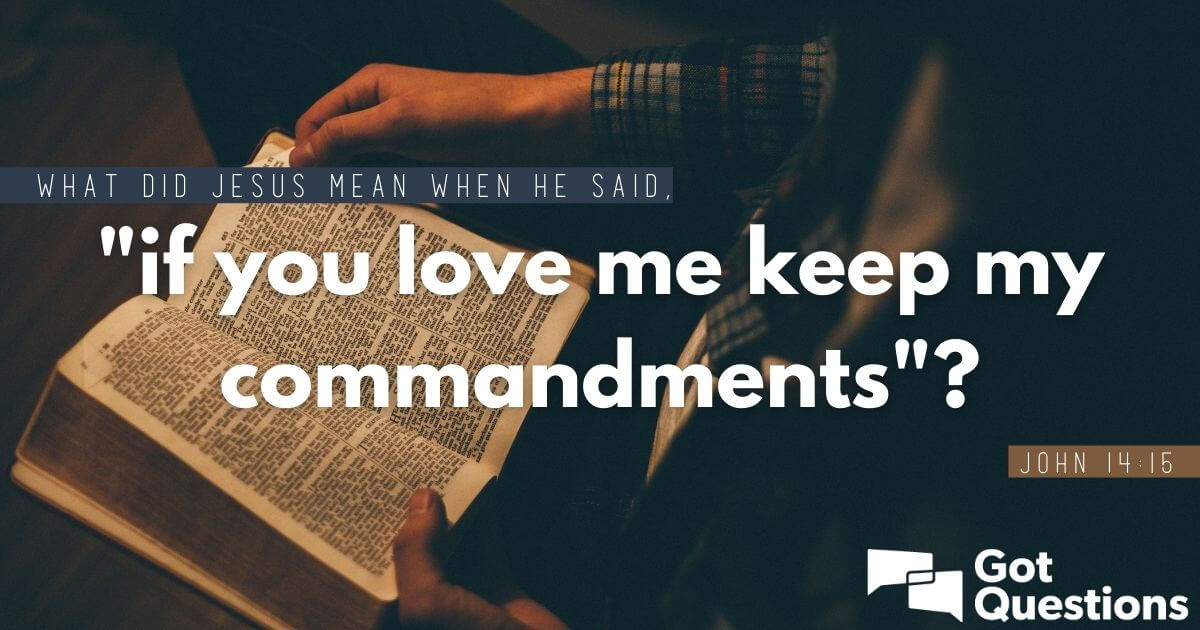Friday 5-20-22 6th. Day Of The Weekly Cycle, Iyar 18, 5782 62nd. Spring Day
Some of you may find the below article of interest.
Who changed the Sabbath? | Discover the real Sabbath day | Is it Saturday, or Sunday (tomorrowsworld.org)
Love, Walter and Debbie
This is just standard SDA stuff - full of historical and biblical errors or misunderstandings.
Who changed the Sabbath to Sunday?
Sabbatarians (such as Seventh Day Adventists) claim the Catholic Church changed the Sabbath from Saturday to Sunday. However since the Old (Sinai) Covenant is no longer legally valid (and was not given to Gentiles) most Christians do not observe it.
That the Catholic Church has not changed the Sabbath to Sunday is shown by these quotations, going back in time:
Catechism of the Catholic Church
Sunday is expressly distinguished from the sabbath which it follows chronologically every week; for Christians its ceremonial observance replaces that of the sabbath. In Christ's Passover, Sunday fulfills the spiritual truth of the Jewish sabbath and announces man's eternal rest in God. For worship under the Law prepared for the mystery of Christ, and what was done there prefigured some aspects of Christ (Catechism of the Catholic Church, para 2175 – current edition taken from the Vatican web site)
Pope John Paul II
We move from the "Sabbath" to the "first day after the Sabbath", from the seventh day to the first day: the dies Domini becomes the dies Christi! (Apostolic Letter, Dies Domini, Pope John Paul II, 1998 – para 18).
Catechism of the Council of Trent
The observance of the Sabbath was to be abrogated at the same time as the other Hebrew rites and ceremonies, that is, at the death of Christ. (Catechism of The Council Of Trent, issued by order of Pope Pius V, published 1556)
Justin Martyr
And on the day called Sunday, all who live in cities or in the country gather together to one place, and the memoirs of the apostles or the writings of the prophets are read, as long as time permits; then, when the reader has ceased, the president verbally instructs, and exhorts to the imitation of these good things. Then we all rise together and pray, and, as we before said, when our prayer is ended, bread and wine and water are brought, and the president in like manner offers prayers and thanksgivings, according to his ability, and the people assent, saying Amen (Justin Martyr, First Apology, chap 67 - approx 155AD)
In AD 135 the Emperor Hadrian sacked Jerusalem, prohibited Jews from living there and prohibited worship on the Sabbath throughout the Empire. This was not an issue for Christians as they were already worshipping on Sunday as the following show.
Epistle of Barnabus
Further, He says to them, Your new moons and your Sabbath I cannot endure. [Isaiah 1:13] You perceive how He speaks: Your present Sabbaths are not acceptable to Me, but that is which I have made, [namely this,] when, giving rest to all things, I shall make a beginning of the eighth day, that is, a beginning of another world.
Wherefore, also, we keep the eighth day with joyfulness, the day also on which Jesus rose again from the dead. (Epistle of Barnabus, para 15 AD 117-138)
Ignatius of Antioch
If, therefore, those who were brought up in the ancient order of things have come to the possession of a new hope,
no longer observing the Sabbath, but living in the observance of the Lord's Day, on which also our life has sprung up again by Him and by His death (Ignatius of Antioch, Letter to The Magnesians, AD 110)
Didache
But every Lord's day gather yourselves together, and break bread, and give thanksgiving after having confessed your transgressions, that your sacrifice may be pure. (Didache – 1st century)






